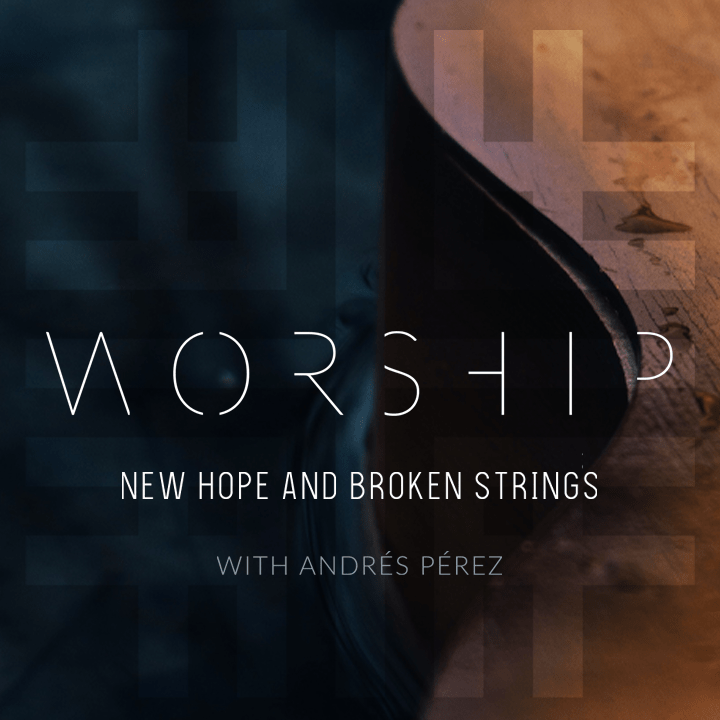TEACHING
|
SUNDAY, DECEMBER 26, 2021
10:30 AM (in-person + livestream + kids!) WORSHIP New Hope and Broken Strings with Andrés Pérez Matthew 2:1-12 Why do we worship? Does God need/demand our worship? Is there a “correct” way to worship? Why are the drums so loud? Where are the hymns? We remember the story of the Magi following the star and making their way to meet Jesus so that they can bow down and worship him. We all worship someone/something. This Sunday, we explore why Christian communities all around the world have decided to worship Jesus for more than 2,000 years. CONNECT WITH US HERE GIVE HERE |
|
|
ONLINE NOTES:“Throughout Christian history, public worship has attracted attention, stimulated discussion, and even provoked contention. Christ-followers have debated controversial issues –when and whom to baptize, how to observe Holy Communion, how often and how long to preach –only to watch those debates degenerate into rancorous fights and full-blown schisms...Easter and Western churchmen fought over the role of icons in worship, eventually dividing Christendom; Calvinists killed Anabaptists over the baptism question, Luther split with Zwingli over the meaning of the Lord’s Supper, and Puritans separated from Anglicans over the priority of the preached Word.
--Six Views On Exploring the Worship Spectrum, (Grand Rapids: Michigan, 2004), 11 “Why do we do it? Why is there so much voluntary and faithful worship by Christians? Why is it that we never find a Christian life without, in the background somewhere, an act of worship, never find Christian communities without also finding Christian worship? Why is it that worship is the common background to all Christian existence and that it is so faithfully and willingly practiced? --Peterson, Eugene, A Long Obedience: Discipleship in an Instant Society, 51. “The name 'Jesus' was a popular boys' name at the time, being in Hebrew the same as “Joshua', who brought the Israelites into the promised land after the death of Moses. By contrast, the name 'Emmanuel', mentioned in Isaiah 7.14 was not given to anyone else, perhaps because it would say more about a child than anyone would normally dare. It means 'God with us'. Matthew's whole gospel is framed by this theme: at the very end, Jesus promises that he will be 'with' his people to the close of the age (28.20). The two names together express the meaning of the story. God is present, with his people; he doesn't 'intervene' from a distance, but is always active, sometimes in most unexpected ways. And God's actions are aimed at rescuing people from a helpless plight, ”This is the God, and this is the Jesus, who comes to us still today when human possibilities have run out, offering new and startling ways forward, in fulfillment of his promises, by his powerful love and grace.” --Excerpt From: N. T. Wright. “Matthew for Everyone, Part 1: Chapters 1-15 (New Testament for Everyone).” “The psalm singles out three items: worship gives us a workable structure for life; worship nurtures our need to be in relationship with God; worship centers our attention on the decisions of God. Worship gives us a workable structure for life.” --Peterson, Eugene, A Long Obedience: Discipleship in an Instant Society, 51. “The health of the world is worship. When intelligent, moral creatures are in tune in worship, we have the symphony of creation. But anywhere there is no worship, there is discord and broken strings. When all the full redeemed universe is back once more worshiping God in full voice, happily and willingly, then we will see the new creation –the new heaven and earth.” --Tozer, A.W., Tozer on Worship and Entertainment, 2. |

